The regulation creates near-total bans on asylum for wide swathes of people and herculean procedural barriers.
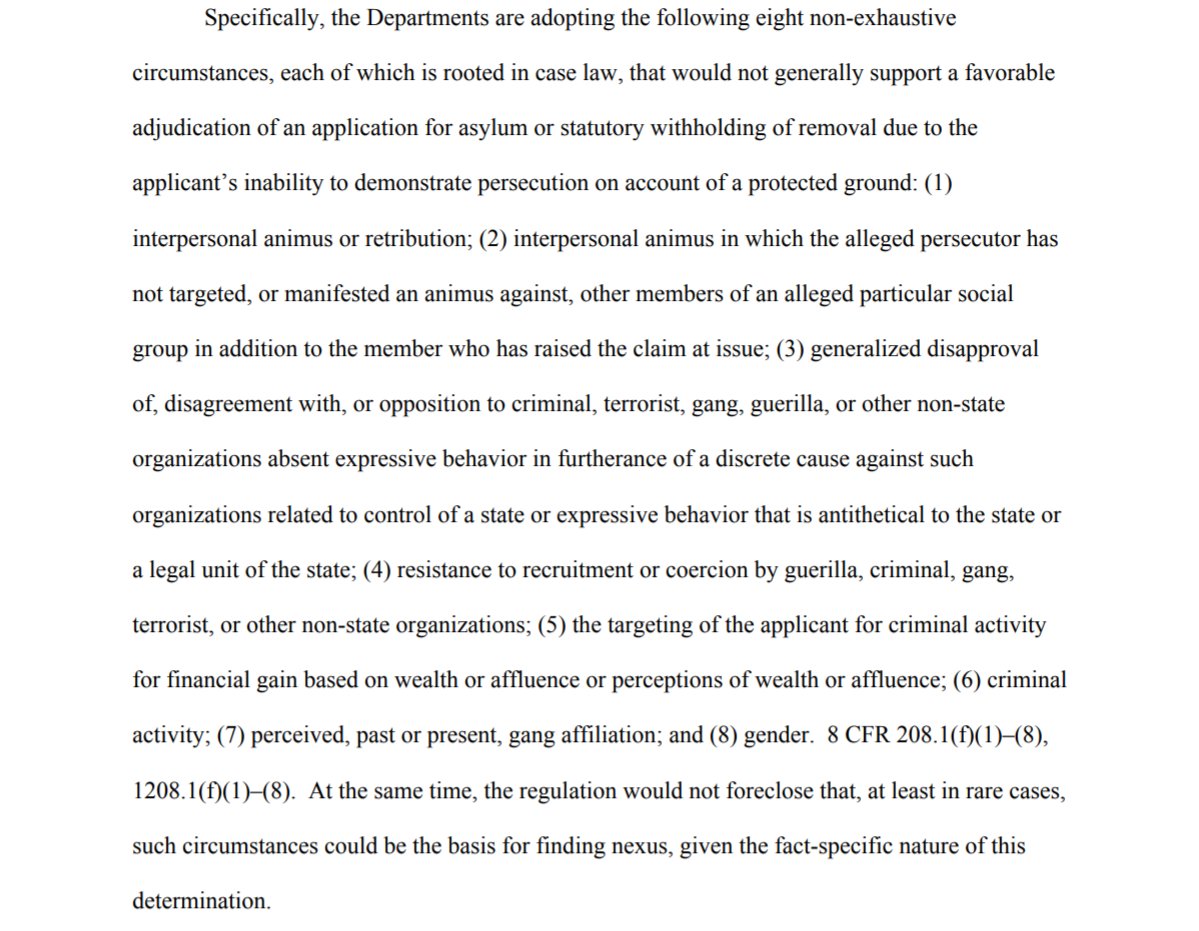





\U0001f6a8The DHS/DOJ notice of proposed rulemaking making it harder to claim asylum at the border is out.
— Aaron Reichlin-Melnick (@ReichlinMelnick) June 10, 2020
Comments will be due 30 days from Monday.https://t.co/8PnYH8dnB2








The immigration bill text is out!
— Nicole Narea (@nicolenarea) February 18, 2021
Senate version: https://t.co/aJUmtVW6Ir
House version: https://t.co/JMKjQaDi04
Excuse me while I go at this with a highlighter.
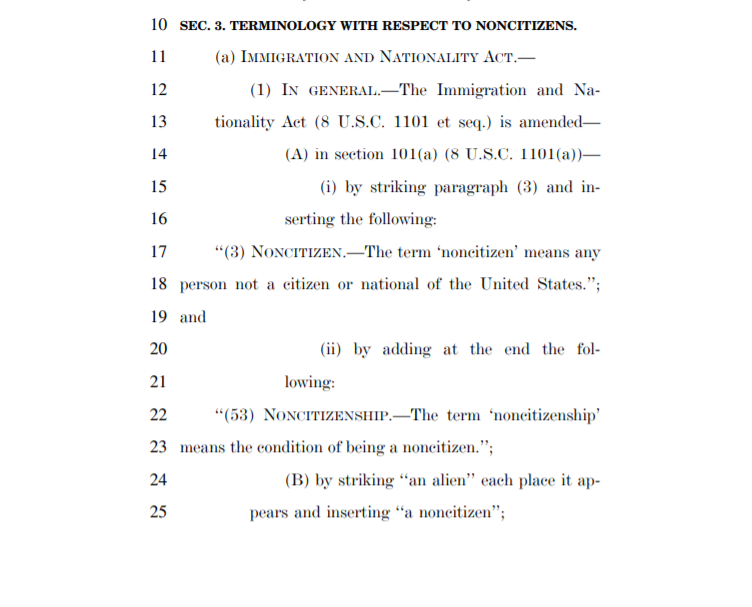
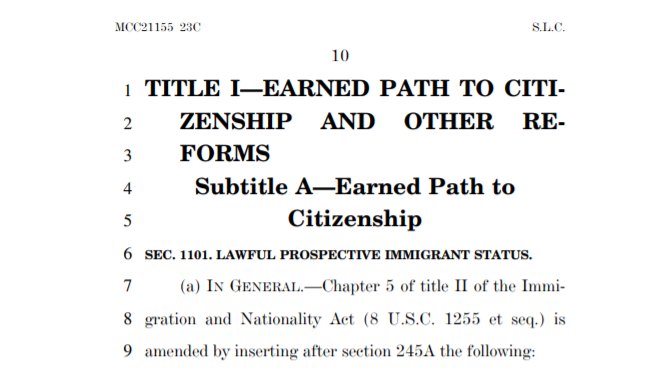
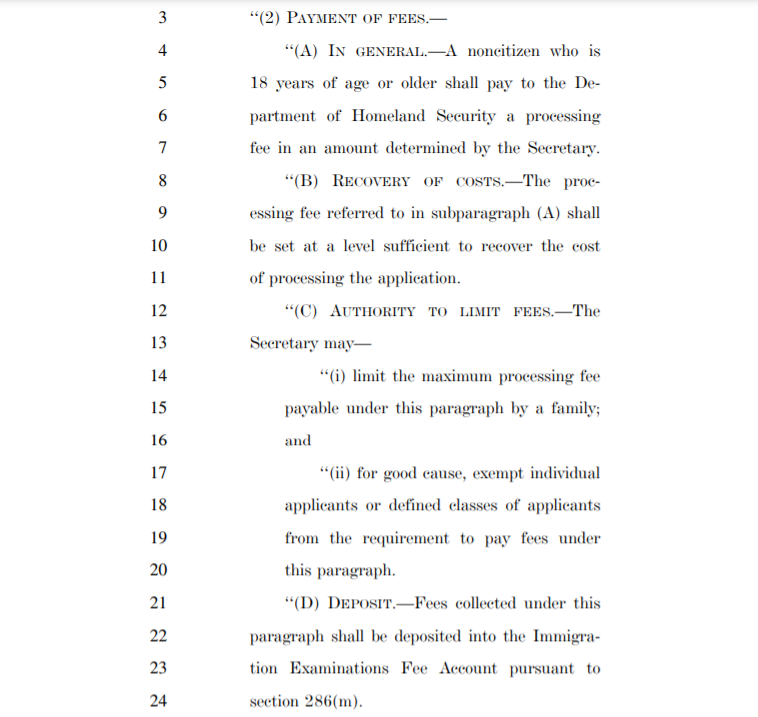
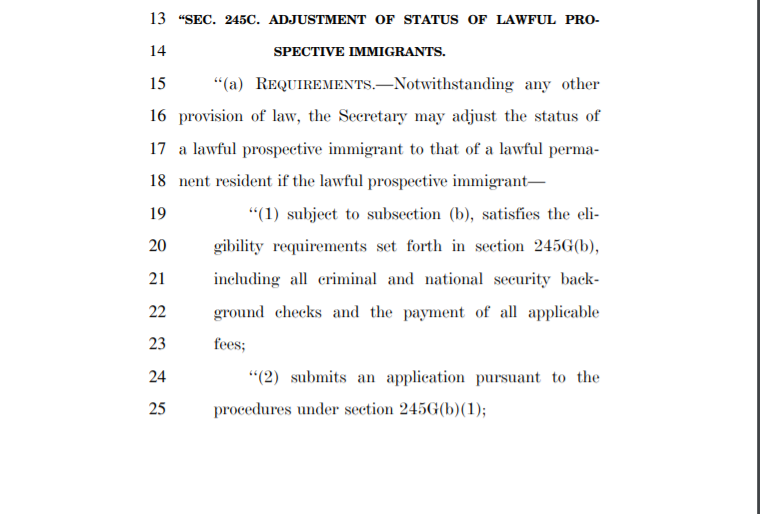
There is a LOT to like about this bill. I want to highlight some of the proposed changes beyond just legalization, including:
— Aaron Reichlin-Melnick (@ReichlinMelnick) January 20, 2021
- Ending the 3 & 10 year bars
- Curbing the "Muslim ban" authority
- Preventing "aging out" of children on nonimmigrant visas.https://t.co/jkFBIcNJEb
This is a standard order issued following every transition, but today it feels so important because of how many horrific things were in the pipeline.
— Aaron Reichlin-Melnick (@ReichlinMelnick) January 20, 2021
Here's a brief thread about some of the terrible anti-immigration regulations that didn't make it across the finish line.
1/ https://t.co/q0QpfVxPXm
Incredible.\U0001f38a I am overwhelmed with joy that we are finally seeing the end to one of the most cruel and heartless policies of the last four years\u2014one that caused horrific damage to peoples' lives.
— Aaron Reichlin-Melnick (@ReichlinMelnick) January 21, 2021
The first part of the promise was kept. Now #LetThemIn!https://t.co/PZGrbvagaa https://t.co/PMeOxrKJvm
\U0001f38aWe have our first immigration EO and it's the order ending the Muslim Ban/Africa Ban!
— Aaron Reichlin-Melnick (@ReichlinMelnick) January 21, 2021
The Bans "are a stain on our national conscience and are inconsistent with our long history of welcoming people of all faiths and no faith at all."https://t.co/4lh20OCCAY pic.twitter.com/8mW9wuPyzc
\U0001f38aSecond immigration EO! It is short. It establishes that Biden believes that immigration enforcement "requires setting priorities to best serve the national interest."
— Aaron Reichlin-Melnick (@ReichlinMelnick) January 21, 2021
It then revokes Trump's original EO that made all undocumented immigrants a priority.https://t.co/MvaeqPbiyK pic.twitter.com/dpkVZAKOT2
I appreciate his intellectual curiosity and effort. I have quibbles. But my big disappointment is there was no mention of unintended consequences, which we discussed and which are kind of THE core conservative concern on this issue.
— \U0001d682\U0001d68c\U0001d698\U0001d69d\U0001d69d \U0001d686\U0001d692\U0001d697\U0001d69c\U0001d691\U0001d692\U0001d699 (@swinshi) February 18, 2021